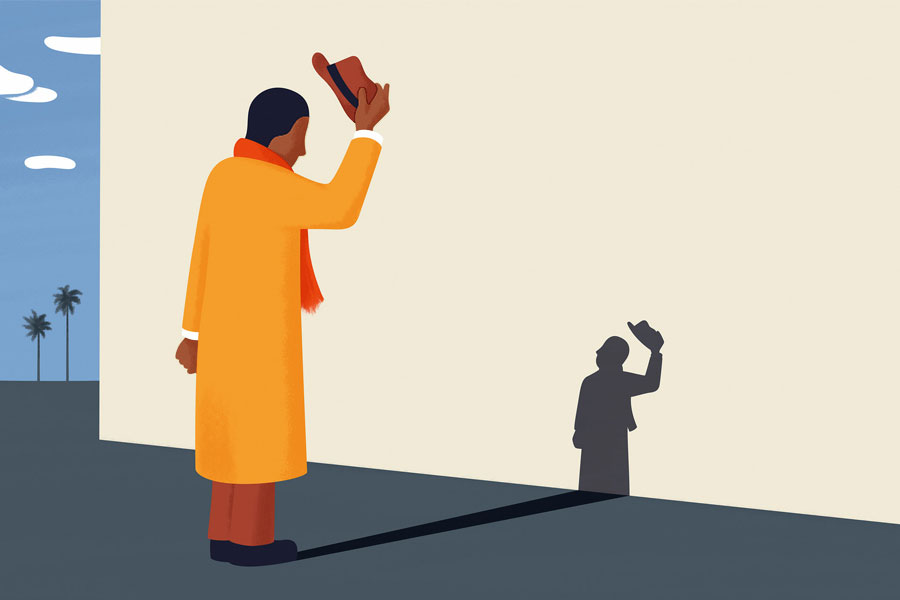
View From Arada | Mar 05,2022
Jan 12 , 2019
By Eden Sahle
Eden Sahle is founder and CEO of Yada Technology Plc. She has studied law and international economic law. She can be reached at edensah2000@gmail.com.
I spent a great deal of time in church when I was a child. Unfortunately, it was an experience that left much to be desired. There was a place where, surprisingly enough, bullying and discrimination was rife and not just by the children.
I know several people who gave up on their faith because of their experiences in religious institutions. Given that religion is held in high regard in Ethiopia, and as a measure of moral and ethical compasses, the shedding of trust of religious institutions in the eyes of the people can have negative social consequences. This is all the more crucial given that alternative secular institutions or organisations are in short supply for citizens to fall back on.
A few months back, I was able to attend a religious organisation which left me discontented. It came off as sexist and insensitive to parts of the public. It was sending the wrong message to the people that were gathered. Taken for granted, such public announcements and teachings can only do more damage than good in people’s social and personal lives.
Religious institutions should be places where people learn life-changing lessons about personal growth and support to one another. It should not be a place where matters of gender, ethnicity and politics are discussed in such a partial and inappropriate language.
Unlike what we see in Ethiopia, the Tanzanian practice is more beneficial to society. I observed a very admirable culture and secular policy where the country facilitates opportunities to create interreligious marriages and collaboration among the different ethnic groups.
When students go to college, they are made to attend a university located far from the place they grew up in to encourage societal cohesion. I was amazed to learn that the country implements the same policy even at correctional centres, keeping convicts with those who came from different parts of Tanzania. And their religious institutions have managed to create respect and collaboration among their different congregations establishing more harmonious communities than it appears to be in Ethiopia.
As can be learned from Tanzania within the social and cultural dimensions, religious institutions can play a great role in creating positive interactions, and connecting communities for a great goal. The process for the adequate fulfilling of moral values – for which many look towards their faiths for inspiration - necessitates the skilful approach of the representative institutional embodiments to realise social harmony.
This serves to develop a set of appropriate social and personal relationships and ties. Where there is a structure of reciprocal dependencies and interactions, it becomes beneficial to create a collaborative and informed society devoted to providing support and mutual respect.
In a country such as Ethiopia, where 98pc of citizens say religion is important to them - one of the highest in the world – according to a Pew Research survey, faith-based institutions should realise their role is more than providing devout teachings but also help build a society that is hospitable, respectful and moral.
They must utilise their influence to inspire the public to act better. They should be sincere, be accountable, and stress the importance of empathy in a nation divided on identity and politics. It will be constructive for everyone if they act with careful considerations regarding not only their own benefits but also the interests of others.
Apart from the inspirational function of religion in the creation of the conceptual foundations of various world-views, the basic ideas, thoughts, values and norms of the analysed dimension of religion have also been seen to imbue citizens with good moral values.
Increased attention should be given to the potential role of shared motivations, common identities and community collaborations to drive socio-economic development. Religion should offer significant protective roles against biases, providing a sense of belonging for citizens.
PUBLISHED ON
Jan 12,2019 [ VOL
19 , NO
976]

View From Arada | Mar 05,2022

Radar | Nov 28,2020

Commentaries | Sep 11,2020

Fortune News | Jun 07,2020

Radar | May 20,2023

My Opinion | Dec 05,2018

Editorial | Dec 04,2022

My Opinion | Aug 10,2019

Fortune News | Feb 12,2022
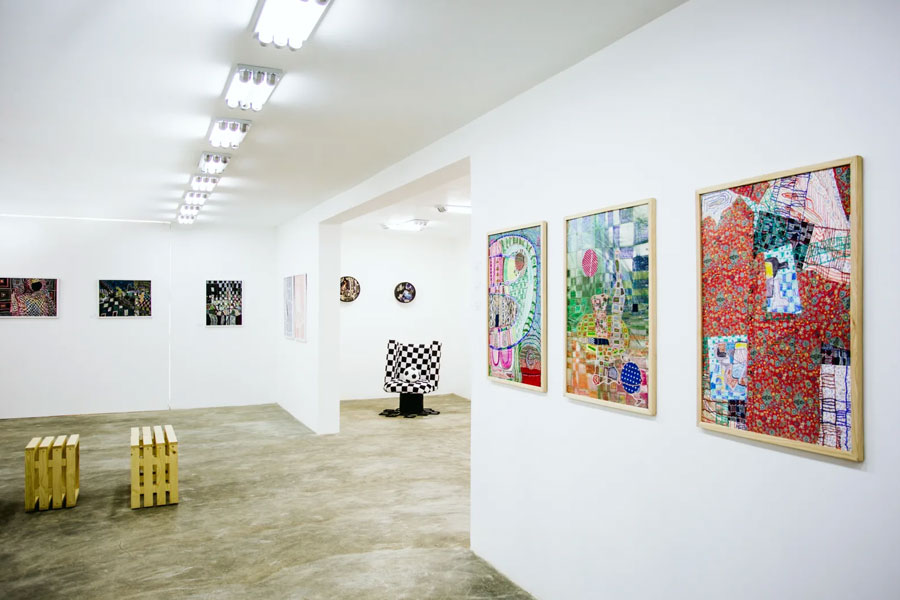
View From Arada | Sep 04,2021

Photo Gallery | 96464 Views | May 06,2019

Photo Gallery | 88744 Views | Apr 26,2019

My Opinion | 67102 Views | Aug 14,2021

Commentaries | 65738 Views | Oct 02,2021

Feb 24 , 2024 . By MUNIR SHEMSU
Abel Yeshitila, a real estate developer with a 12-year track record, finds himself unable to sell homes in his latest venture. Despite slash...

Feb 10 , 2024 . By MUNIR SHEMSU
In his last week's address to Parliament, Prime Minister Abiy Ahmed (PhD) painted a picture of an economy...

Jan 7 , 2024
In the realm of international finance and diplomacy, few cities hold the distinction that Addis Abeba doe...

Sep 30 , 2023 . By AKSAH ITALO
On a chilly morning outside Ke'Geberew Market, Yeshi Chane, a 35-year-old mother cradling her seven-month-old baby, stands amidst the throng...

Apr 20 , 2024
In a departure from its traditionally opaque practices, the National Bank of Ethiopia...

Apr 13 , 2024
In the hushed corridors of the legislative house on Lorenzo Te'azaz Road (Arat Kilo)...

Apr 6 , 2024
In a rather unsettling turn of events, the state-owned Commercial Bank of Ethiopia (C...

Mar 30 , 2024
Ethiopian authorities find themselves at a crossroads in the shadow of a global econo...
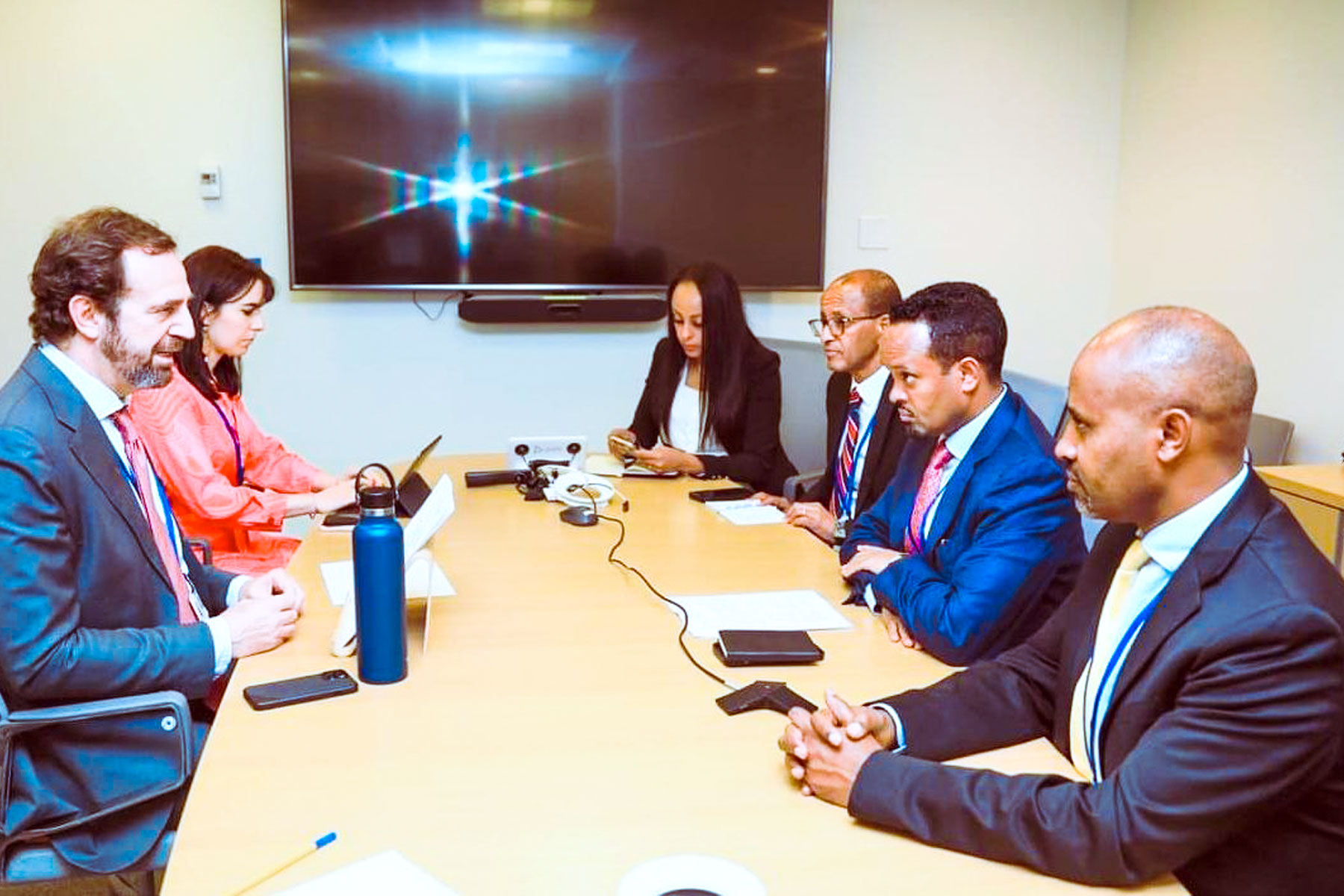
Apr 20 , 2024
Ethiopia's economic reform negotiations with the International Monetary Fund (IMF) are in their fourth round, taking place in Washington, D...
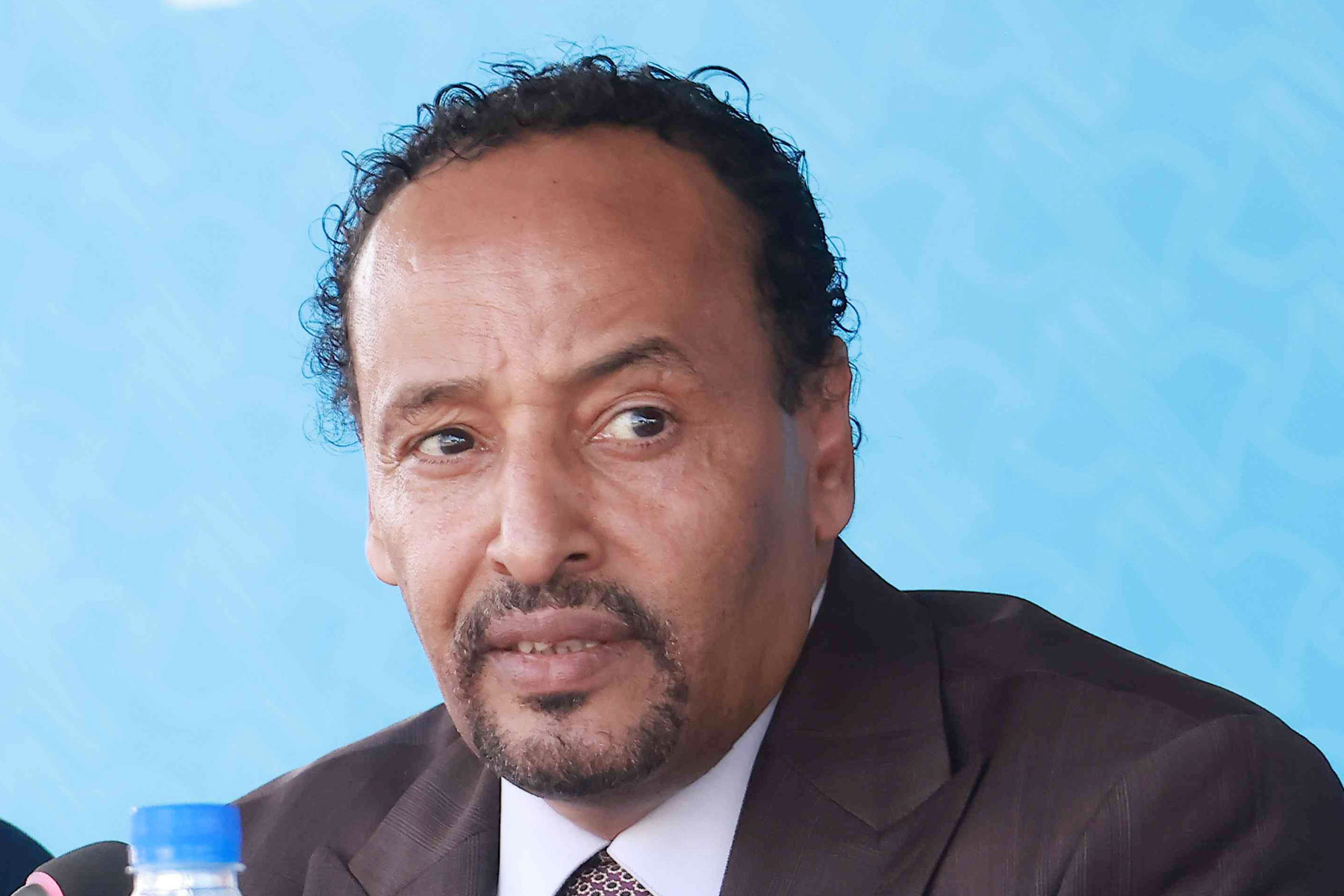
Apr 20 , 2024 . By BERSABEH GEBRE
An undercurrent of controversy surrounds the appointment of founding members of Amhara Bank after regulat...
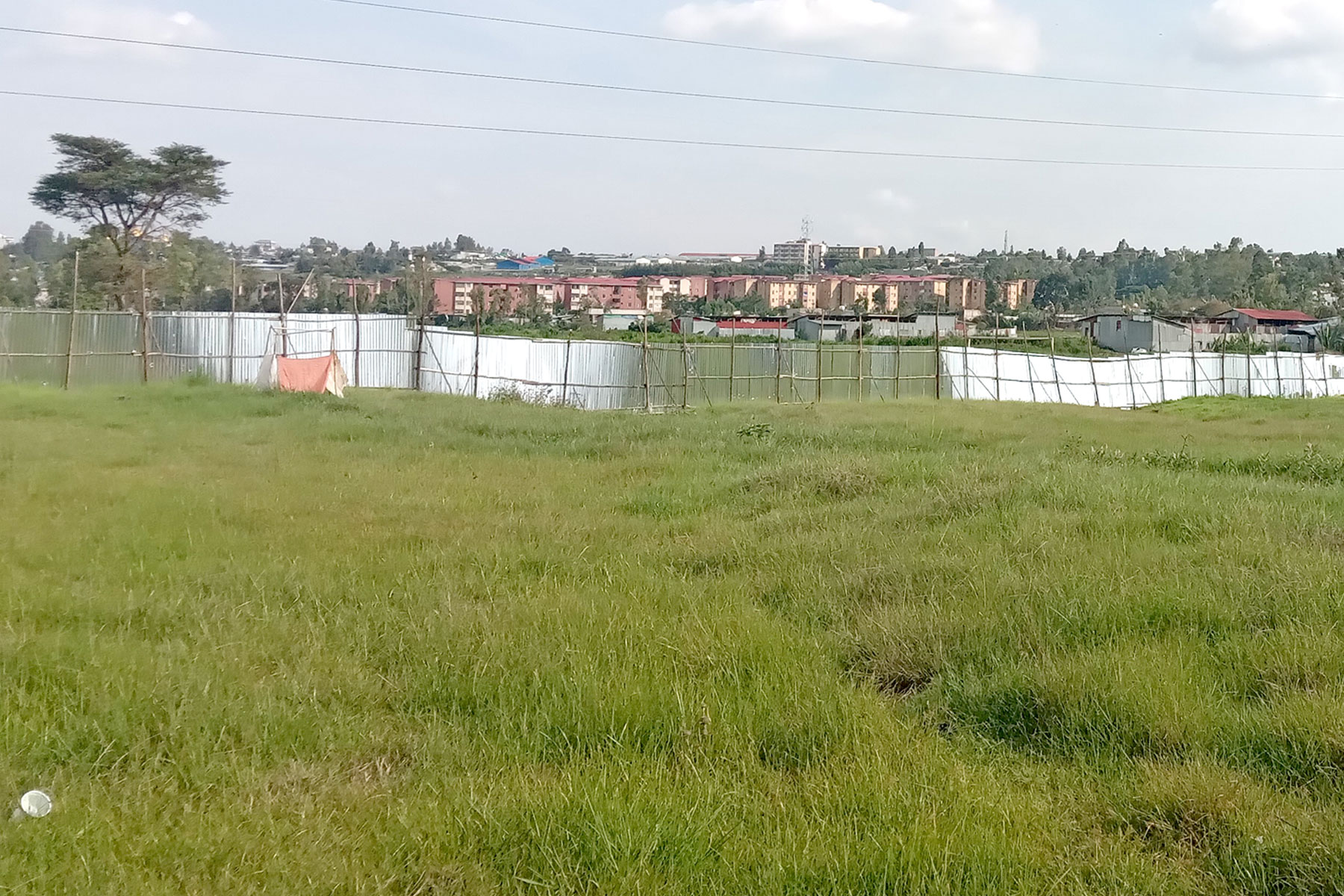
An ambitious cooperative housing initiative designed to provide thousands with affordable homes is mired...

Apr 20 , 2024 . By AKSAH ITALO
Ethiopia's juice manufacturers confront formidable economic challenges following the reclassification of...